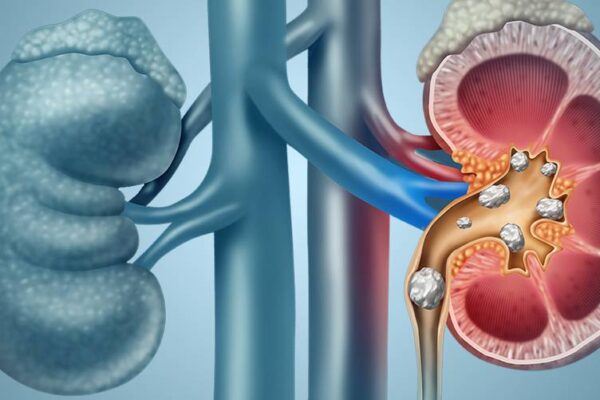
28 Des Heart Health: Frequently Asked Questions
Heart Health: Frequently Asked Questions
By Island Hospital | Dec 28, 2020 11:52:17 AM
Taking care of your heart health means being mindful of what you eat to keep your cholesterol level down as well as maintaining a healthy lifestyle. Here, we shed more light on diet, cholesterol medications, hypertension and related issues
Source of FAQ courtesy of Healthy Heart Score, a patient resource from Upjohn Malaysia (a Viatris company).
You probably do not need to do so. Evidence suggests that fasting is not necessary before a common blood test, often referred to as a lipid profile. Researchers found that fasting or not fasting before the test had a negligible effect on predicting people’s risk of future heart problems.
Oatmeal contains soluble fibre, which is beneficial in lowering cholesterol levels in our bloodstream. Oats contain a substance called beta-glucan, which is a water soluble fibre that prevents the body from absorbing excessive amount of dietary cholesterol, thus reduces the level of LDL.
People who maintain a healthy lifestyle through exercise and a healthy diet show a reduced risk of having certain heart disease factors. Individuals who are physically fit should still regularly check their BP and cholesterol levels.
You cannot stop taking your prescribed medications/pills as your LDL cholesterol might rise back to the level where it was when you first started. As the cholesterol level increases, so does the risk of a heart attack or stroke. High cholesterol levels can be successfully managed by making necessary lifestyle changes and taking medications.
Take your medications/pills exactly as prescribed by your doctor, including at the right time and for the full length of your prescribed treatment.
Yes. It has been recommended that following a healthy diet is important in reducing the risk of cardiovascular diseases. In fact, dietary lifestyle changes are recommended before and after the initiation of any lipid-lowering treatment. Patients with hypertension and chronic kidney disease should restrict their dietary salt when they are on diuretic therapy (medications designed to increase the amount of water and salt expelled from the body as urine). Remember, you are what you eat!
It is important to adhere to your prescribed medications to benefit from the treatment. A simplified treatment regimen such as once-daily dosing helps to improve medication adherence. Take the effort to self-monitor your BP or sugar levels at home, you will be encouraged when you see improvement in your BP or sugar levels.
It is rare for hypertension to disappear by itself. If left untreated, blood pressure gets higher with time and the risk of complications goes up too.
As diabetes itself increases the risk of cardiovascular complications, blood pressure (which can further increase risk) needs careful attention. In general, most cloctors will consider treating blood pressure in patients with diabetes to lower levels than in patients who do not have diabetes.
These days drugs are safe and generally free of major side effects, but no drug is completely free of side effects in all patients.
As blood pressure drugs work by reducing blood pressure, sometimes too great a fall in blood pressure can cause dizziness on standing. Dizziness on standing also can be worse in older patients.
There are a variety of other symptoms that can result from blood pressure medications, and if these appear in few days or weeks after the treatment has begun, you should consult your doctor. However, do not stop medications yourself without medical advice as sometimes the blood pressure will rebound to very high levels which can be dangerous.







